“We are not afraid to entrust the American people with unpleasant facts, foreign ideas, alien philosophies, and competitive values. For a nation that is afraid to let its people judge the truth and falsehood in an open market is a nation that is afraid of its people.” These words by John F Kennedy, the 35th President of the United States, capture the most essential element of a democracy: that freedom of speech is a non-negotiable right for the country’s citizens no matter how inconvenient the truth may be.
All over the world, democracies are based on the liberty of freely expressing one’s thoughts, and this is what ensures that democratic institutions remain robust. In the US, president after president, including Thomas Jefferson in the eighteenth century and Bill Clinton in the twentieth, have upheld the freedom of speech as well as the right to debate and dissent as the topmost ideal. In fact, Clinton once even remarked, “The answer to bad speech is not censorship, but more speech.”
The importance of free speech cannot be emphasised enough, especially if we look at the Turkish and the Hungarian examples. Turkey, which was once celebrated as a rare case of liberal democracy in an otherwise authoritarian region, has now become a highly compromised ‘democracy’, if we can still call it that, because of the autocratisation set in motion by its president, Recep Tayyip Erdogan. It is no coincidence that this process began with the crackdown on free speech only.
Since 2016, more than 150 media outlets have been shut down in Turkey, and thousands of journalists have been arrested for exercising freedom of speech. Even in Hungary, a country which was once considered the leader of post-communist democratisation in Eastern Europe, a similar crackdown on free media has led to a worsening of the state of democracy in recent years. Under Viktor Orban, the Hungarian Prime Minister, the media’s independence exists only in name, as his party, Fidesz, controls more than 80 per cent of the media outlets today.
Impact Shorts
More ShortsIronically, something that used to happen only in post-Soviet countries, West Asian autocracies or African dictatorships is now becoming a characteristic feature of the world’s so-called oldest democracy, the United States. It may shock many of us, but in recent times, three of the biggest assassinations over free speech took place not in any authoritarian country but in the Vatican of Free Speech, the US.
In December 2024, Brian Thompson, CEO of a healthcare insurance company, became a target of blatant hatred when he was shot down early in the morning in New York City by a masked assailant. Reportedly, Thompson’s views on the healthcare policy had irked his murderer, contributing towards his decision to take this extreme step.
Then in June 2025, Melissa Hortman, a US lawmaker, was assassinated in her own home along with her husband, again because the assassin did not agree with her political views, thus leading him to eliminate her in the most brutal way.
The recent assassination of conservative activist Charlie Kirk is another stark example of people picking up a gun to silence a voice that doesn’t fit with their political preference. Each of these incidents has not just sparked outrage from their co-ideologists but has also led to a very unfortunate volley of thoughts from those who are welcoming the assassinations.
To imagine that these are perfectly educated and civilised people celebrating the assassination of a fellow American citizen over something as basic as freedom of speech makes the matter even worse.
The crisis of free speech and hence the democratic deficit that it is creating is very real in the United States. The assassination of Charlie Kirk in particular has led to a form of counter-response that is not helping the cause of freedom of speech in any meaningful way. Just this week Jimmy Kimmel, host of the famous Jimmy Kimmel Live!, had his show taken down by the ABC network over his remarks on Charlie Kirk’s assassination.
Kimmel had purportedly suggested that Kirk’s assassin was a fellow conservative himself and that the “Maga gang” was trying to score political points from his murder. While the tone and tenor or even the factual content of his remarks can always be debated, the witch-hunt undertaken by Brendan Carr, a Donald Trump appointee to the position of Chair, Federal Communications Commission (FCC), against him is something completely unacceptable in a democratic country like the US.
Carr literally went on the show of a fellow conservative, Benny Johnson, and threatened to put the FCC on task if ABC or its parent company, Disney, did not take action against Kimmel. Within hours, TV station owners took down Kimmel’s show, leading ABC to also suspend it sine die.
The blatantly anti-democratic use of state machinery to silence a critic is not the only sign that the US is undergoing a freedom of speech crisis leading to a grave democratic deficit. The darkest omen that democracy has actually turned into a fragile enterprise these days is the way there is an ongoing mass crackdown by the defence establishment in the country on defence department employees as well as the troops.
Several troops and staff have been fired or punished for social media posts that are seen as disloyal to Trump, are woke in character or comment negatively on Kirk or his politics. The services, such as the Air Force, have come out with their own specific guidelines regarding what can be said by the troops online. The fact that the Pentagon has emerged to be the “most outspoken federal agency” on Kirk’s death, as noted by Politico, is something of a highly troubling proposition. Militaries in democracies such as the US are fashioned as apolitical institutions, but it seems the crisis of free speech is deepening, and so is the institutional decay in the country.
The fact that freedom of speech has become an utterly compromised concept in the US would definitely have far-reaching implications across the world. Particularly in the Indian context, the Americans have often ridden a moral high horse, commenting freely on India’s so-called democratic backsliding. Although this was a typical toolkit to control India during the Biden administration, even the Trump administration is not any different. They have constantly made an issue of India’s growing closeness with Russia and even China, saying how India is now in the company of autocrats.
But with such a sorry state of affairs back home, where does it leave the Americans? At least, in India the government has not taken shows off air using the state apparatus even when the criticism has been far from kind. India still has a thriving culture of freedom of speech where the fringe elements may threaten ‘Sar Tan se Juda’ kind of violence or the opposition-ruled states like Bengal may send people behind bars, but overall the need to freely express one’s thoughts is highly encouraged. Does this mean that the tables have turned? If yes, shouldn’t our media be at the forefront and do a reverse New York Times and Washington Post on them and ask where is the freedom of speech in the US and why is their democracy backsliding?
The author is a New Delhi-based commentator on geopolitics and foreign policy. She holds a PhD from the Department of International Relations, South Asian University. She tweets @TrulyMonica. The views expressed in the above piece are personal and solely those of the author. They do not necessarily reflect Firstpost’s views.


)

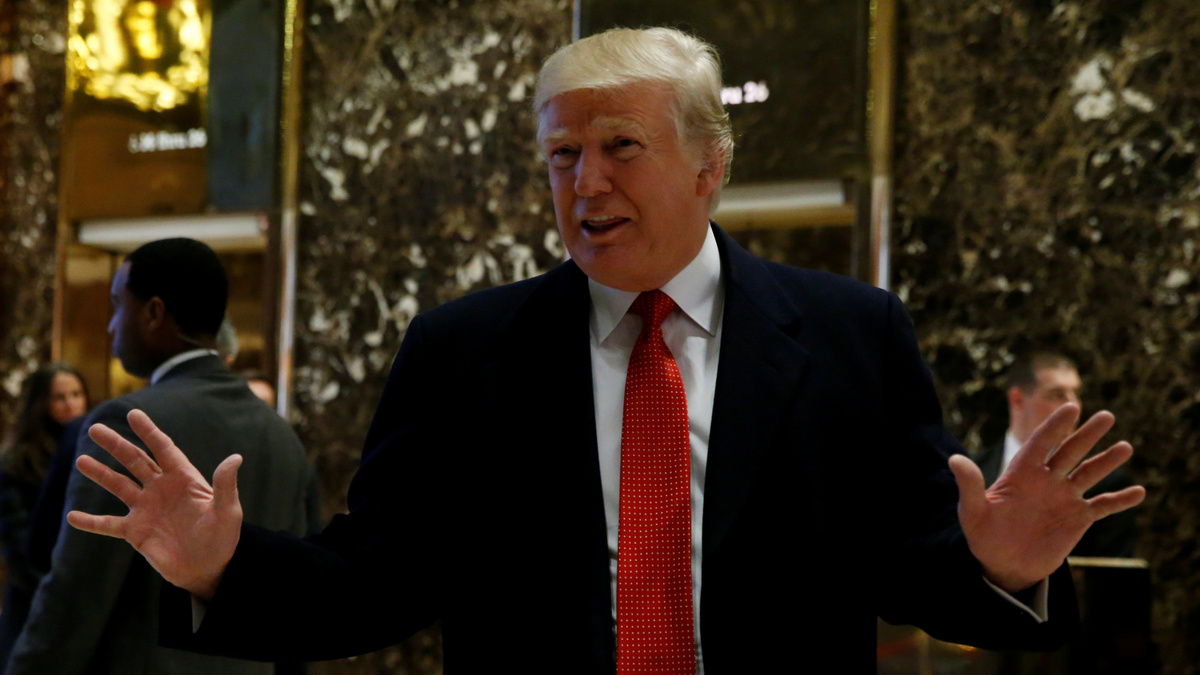)
)
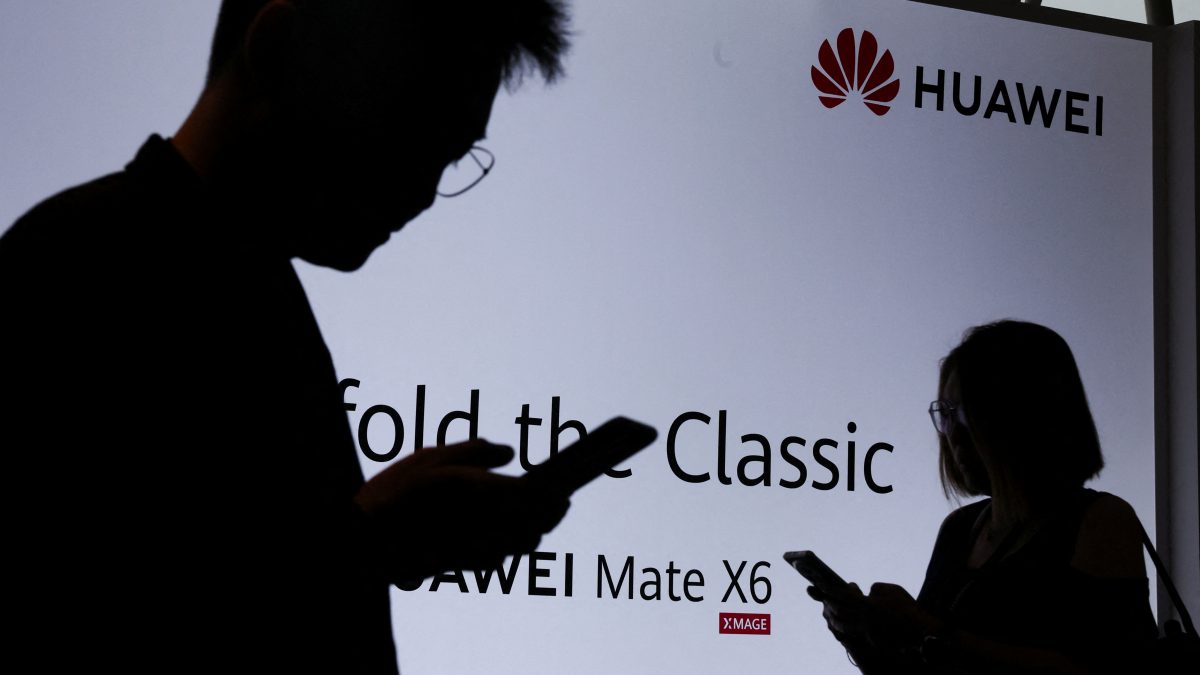)
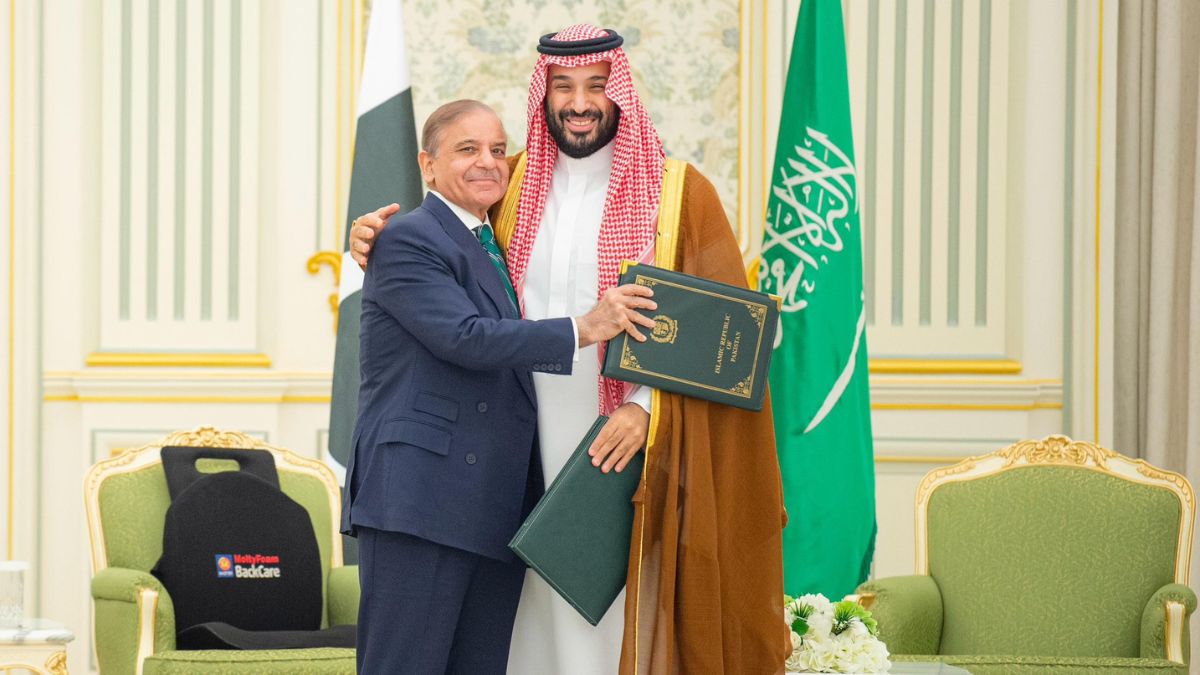)
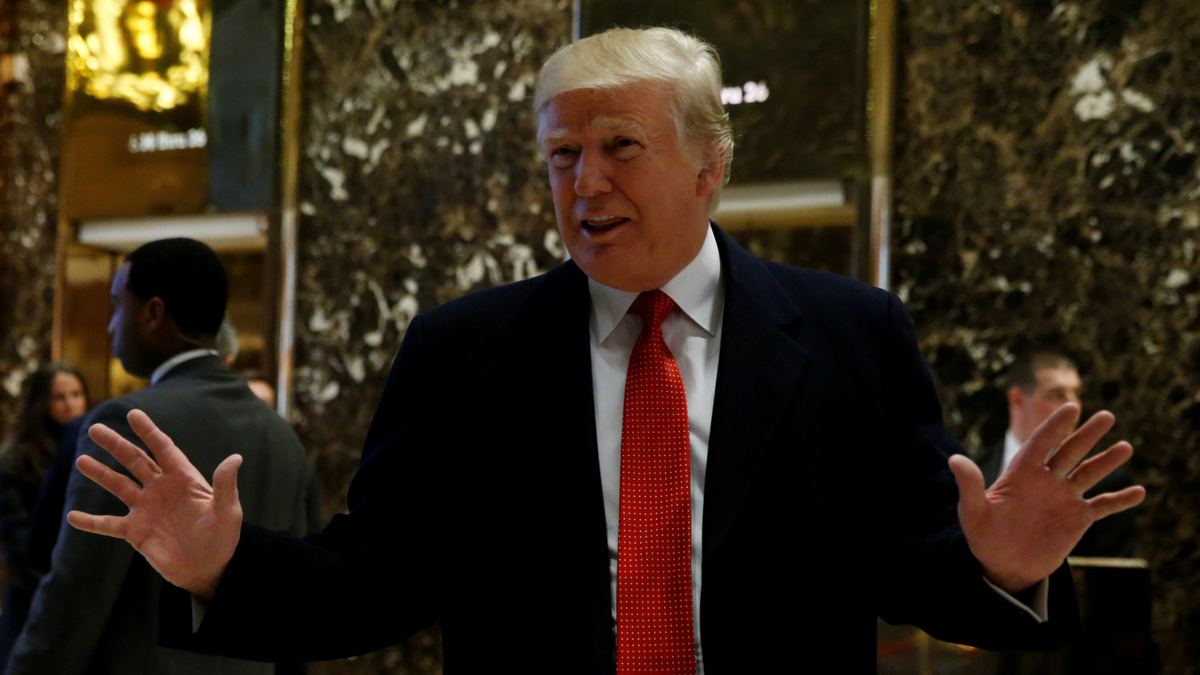)
)
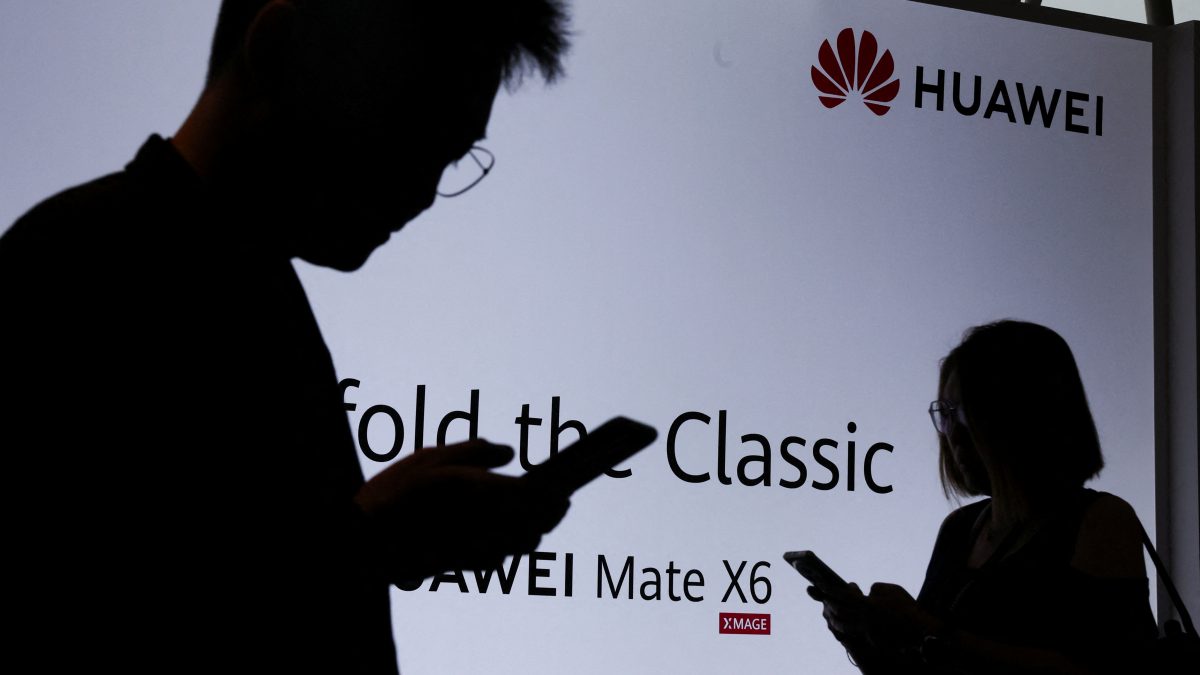)
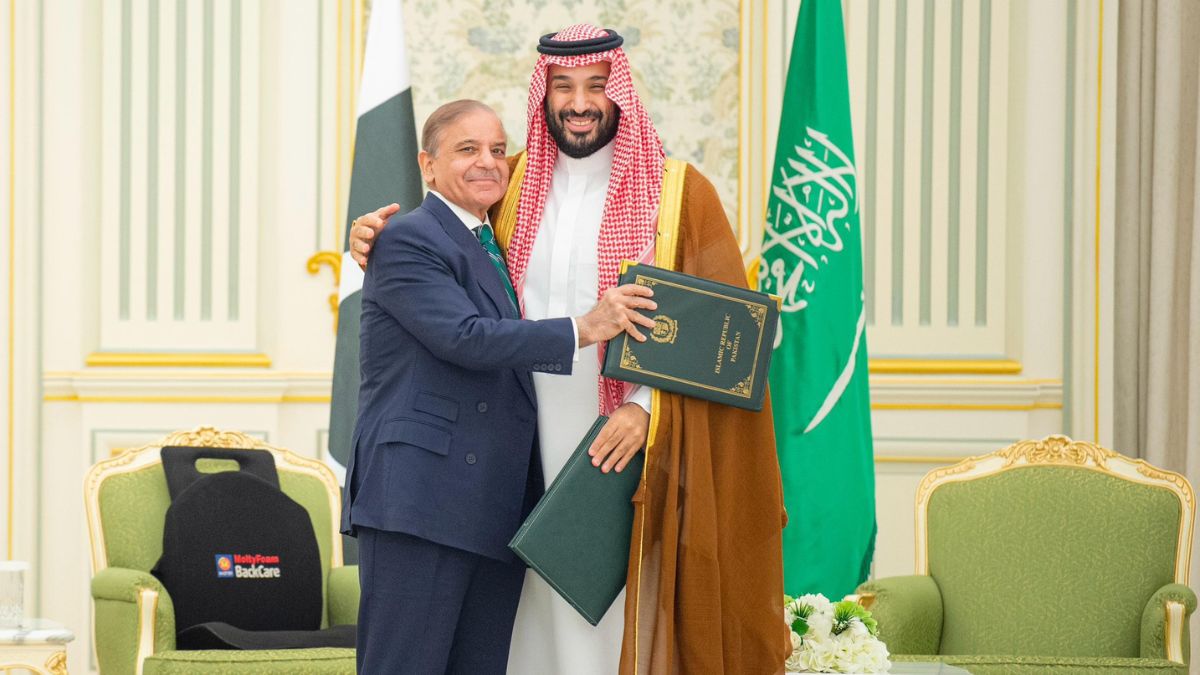)



